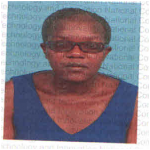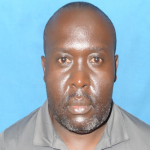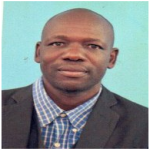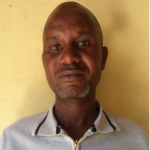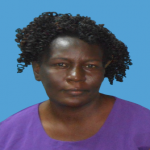MWAKAVI BRENDA MBITHE

Student Short Biography:
My name is Brenda Mwakavi, born and raised in Makindu, makueni County. I am a teacher in Katulani Secondary School in Makueni County. I teach Maths and Business Studies. I did my undergraduate studies in Moi University, Eldoret. After earning my bachelor’s degree in education, I entered the education world to explore my passion for teaching. Driven by commitment and passion, I provide the best learning environment for my learners. In addition to teaching, I was recognized by Makueni County secondary school sports association for my commitment to sports.
Project Summary
Thesis / Project Title: Influence of Information Communication Technology Integration on Quality of Education at Primary Schools in Makindu Sub-County, Kenya.
Project Abstract:
This study focuses on influence of ICT integration on quality of education at primary schools in Makindu Sub County, Kenya. The study was guided by the following objectives; to establish the influence of teachers’ perceptions on ICT integration in quality of education at primary schools in Makindu Sub County, to examine the influence of availability of infrastructure on ICT integration in quality of education at primary schools in Makindu Sub County,to examine the influence of availability of human resource on ICT integration in provision of quality education at primary schools in Makindu Sub County, to determine the influence of school leadership on ICT integration in quality education at primary schools in Makindu Sub County. This study focused on teachers and head teachers to establish the influence ofICT integration on quality of education in Makindu Sub County. The sample comprised of teachers and head teachers in selected schools in Makindu Sub County. Data was collected by use of questionnaires and interview guides. Data analysis was done using Statistical Package for Social Sciences (SPSS) and presented in tables. Relevant interpretation, discussions and recommendations were drawn from the analyzed data. A major finding of the study is that ICT integration in Makindu Sub County may take time to be realized due to the fact that, ICT infrastructure in most schools within the region is lacking. The study therefore recommends that, there is need to equip the schools within the region with ICT infrastructure as well as offering in-service training for the teachers and employing qualified ICT personnel. The findings of this study may be an aid to educational planners in identifying the challenges faced during of ICT integration in schools, strategize and come up with frameworks which offer solutions to these challenges.
Links
Google Scholar Links:


